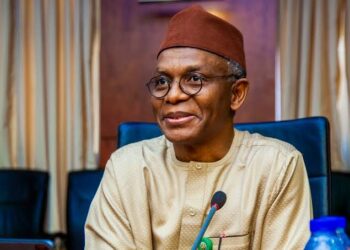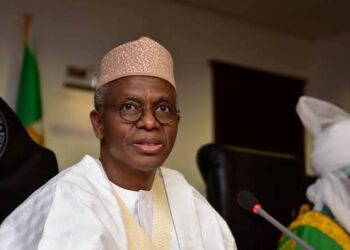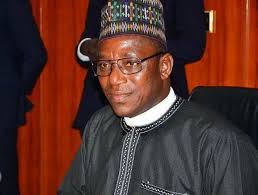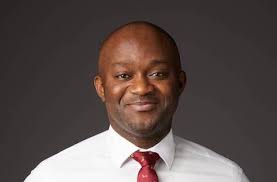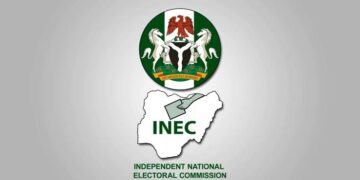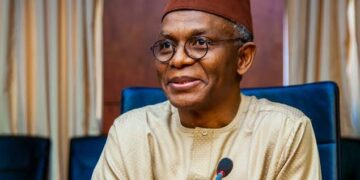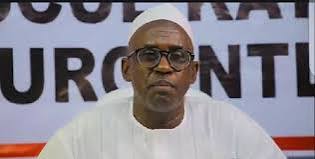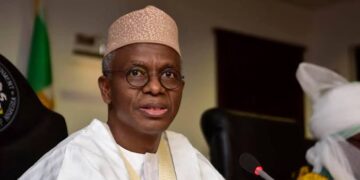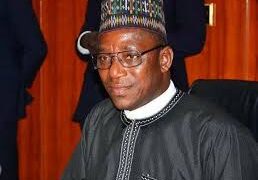Rivers State is currently embroiled in political turmoil, as two factions of the State House of Assembly are holding separate sessions today (Monday).
On Sunday evening, the faction under the leadership of Victor Oko-Jumbo, aligned with Governor Siminalayi Fubara, extended an invitation to Emmanuel Frank-Fubara, a new commissioner-nominee, to appear for screening and confirmation as a member of the State Executive Council on Monday. This invitation was conveyed through a letter from the Clerk, Dr. G. M Gillis-West.
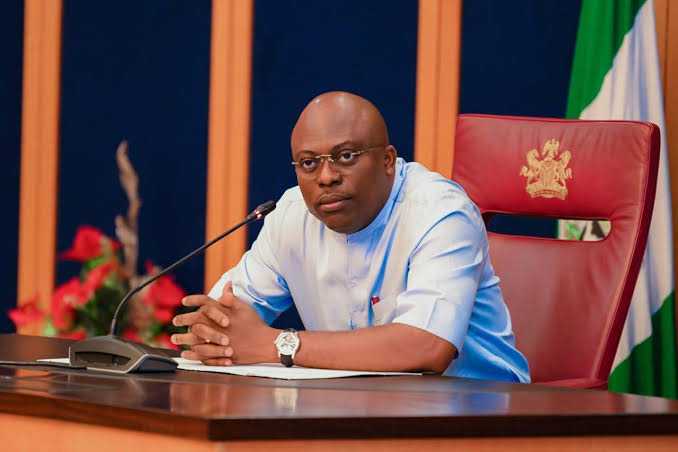
Concurrently, the faction led by Martin Amaewhule, supporting the Minister of the Federal Capital Territory, Nyesom Wike, is scheduled to hold a plenary session today, as reported by Punch Newspaper. The legislators in favor of Fubara will convene in an improvised chamber at the Government House in Port Harcourt, while those supporting Wike will assemble at the official State Assembly quarters on Aba Road in Port Harcourt.
It is worth mentioning that this will mark the inaugural session of the pro-Wike group since the Court of Appeal ruling validated them as legitimate members of the Assembly.
Umpirenews detailed the Court of Appeal’s decision to uphold the status of the lawmakers loyal to Nyesom Wike as lawful members of the House of Assembly last week.
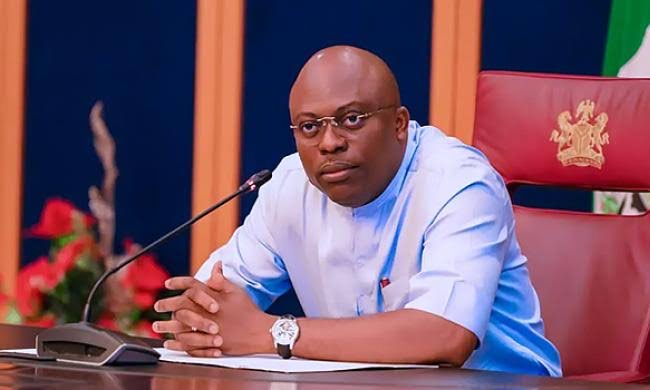
The ongoing dispute between Governor Fubara and his predecessor, Nyesom Wike, has persisted, plunging the state into a state of political unrest.
The division within the Rivers State Assembly has escalated into a full-blown crisis, with tensions running high between the factions supporting Governor Fubara and those backing Nyesom Wike.
The conflicting sessions being conducted by the two groups threaten to further destabilize the already fragile political climate in the state.
The decision to hold separate plenary sessions underscores the deep-rooted animosity and power struggle between the two political camps in Rivers State.
As the situation unfolds, it remains unclear how the standoff between the pro-Fubara and pro-Wike factions will be resolved, raising concerns about the governance and stability of the state.



